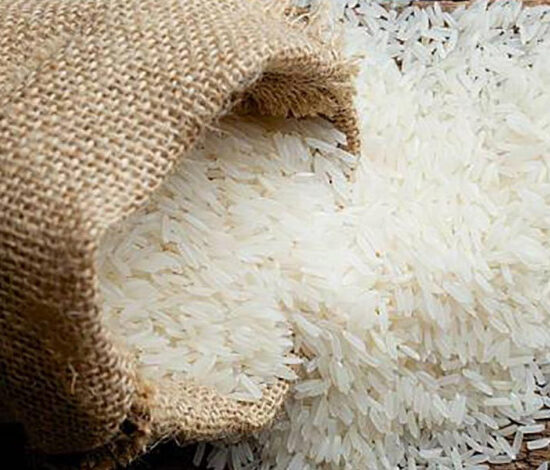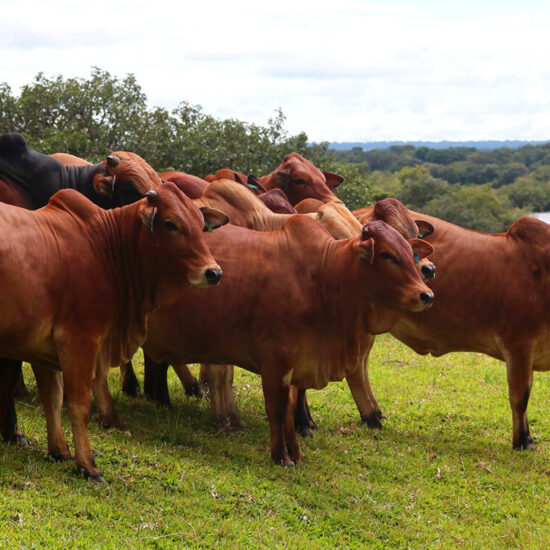
The demand for bread and other wheat products continued to expand as urbanization and the middle class expands. The country has had no option but to import over 100,000 metric tonnes of wheat annually to cover the deficit.
One challenge has been the fact that very few local farmers and indigenous Zambians have been able to successfully adopt and take up wheat cultivation. One exception and an excellent example is David Samutela, the Director of Rockshield farm of Mkushi.
He has been growing wheat since 2006 and his message is that Zambia has what it takes to first close the deficit and become a net exporter of wheat and wheat products. Samutela told the Zambian Business Times – ZBT that with concerted efforts, Zambia would be able grow enough wheat to meet the national demand and permanently close the deficit.
Samutela said some of the challenges involved with wheat production include high commodity prices such as high prices of fertilizer, chemicals and machinery as everything is imported adding that electricity which is relied upon to run the irrigation system is also very expensive.
He said growing wheat is capital intensive and that is why we find that only commercial farmers mostly grow wheat, as it is not easy to grow as a small-scale farmer because of the cost that is involved in buying equipment and other necessities.
He said a Centre pivot that can be set up for 60 hectares of land costs between US$200,000 and US$300,000, but the upside to this is that once irrigation is in place, farmers can grow many other cash crops, adding that farmers can grow two crops in a year [avoid mono-cropping]. This means that a farmer can have a summer crop and the winter crop, which is wheat.

He noted that expanding wheat production by farmers already growing wheat is also a challenge because banks in Zambia are not flexible in their financing conditions and the high interest rates on borrowing make it even more difficult for farmers to get loans.
Speaking in an interview with ZBT, Samutela said farmers in Zambia are capable of meeting the wheat demand if they can receive the necessary support or incentives from government [ministry of Agriculture] and other stakeholders.
He said it is possible that the country is able to meet the current wheat demand but traders have continued to take advantage of the situation and import wheat in order to make money. Why should the country continue to import wheat when it can be successfully grown locally?
“The wheat that some traders import is maybe 10 years old, which they have been keeping in other countries. When they are about to throw it, they bring it [dump] into Zambia and blend it with our wheat which is fresh for it to be of quality for consumption, otherwise it’s meant to be given to animals as livestock feed but it ends up in this country. This explains why some of these imports are cheaper”, he said.
He explained that with the right support from the government, many local farmers would go into wheat production in order to support the demand in the country, which should be the case because with the COVID-19 pandemic, many countries would ensure they have enough before giving to other countries.

He said government can help improve the wheat production in the country by subsidizing most of the equipment requirements and inputs, bring in special tailored soft loans, bring down the cost of electricity because once the cost of production reduces, production of wheat increases, as it would be easy for most farmers to grow wheat.
He noted that there is so much water in the country and most of it is being wasted adding that the Water Resources Management Authority (WARMA) is making matters worse for the farmers with the various restrictions on access to water.
“Instead of us holding the water in this country and using it for production, there are a lot of restrictions now being put on water. We have to pay for the water, even after you put up your own dam you still have to pay for so many things, it’s becoming too costly and these are new rules which have just come in”, he said.
He mentioned that we need to be careful with the systems that have been imported from other countries which may not be practical and viable in Zambia and these are making agriculture very difficult. Some farmers do not understand these rules and restrictions causing disharmony in the Agro space.
“They are telling us if you do this, we shall impose sanctions and everyone is now so scared and don’t know where to start from because they haven’t made us understand the newly introduced rules regarding water systems and applying for water permits is taking years”, he said.
Samutela said farming is not an easy business if government is not supporting farmers adding that countries where farmers are supported have been able to meet the demand for most commodities.
He said there is plenty market for wheat in the country and neighbouring countries such as DR Congo, Angola etc where most of the country’s flour is sold, adding that it is better to have a surplus, which can be used during years when production may go down because food is controlled by the weather which people have no control over.
Samutela said he uses the shungu and nduna wheat variety, which he buys from ZAMSEED and SEEDCO and expects a harvest of approximately 1800 metric tonnes of wheat this year from his planted area of 200 hectares.







